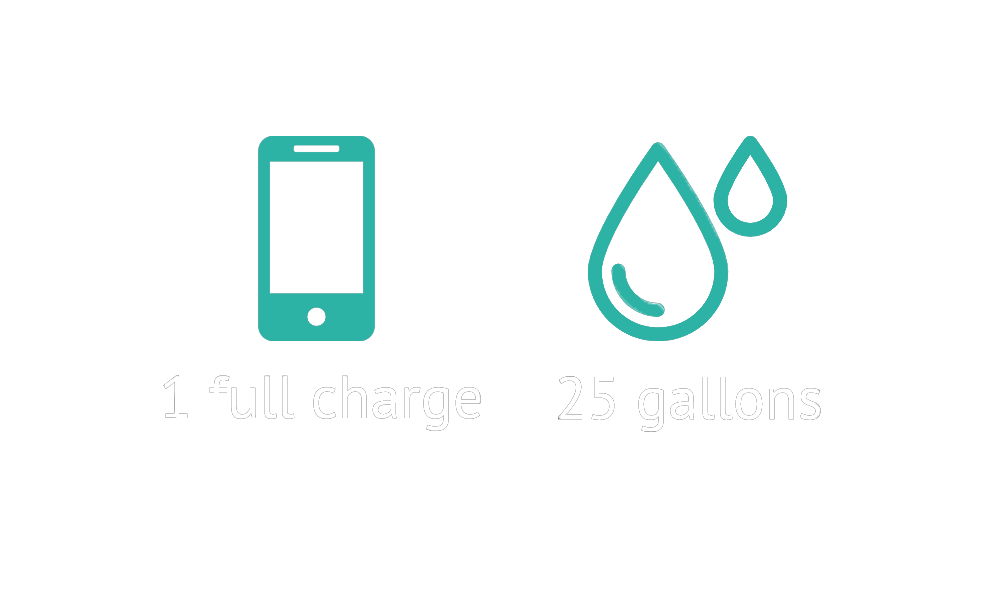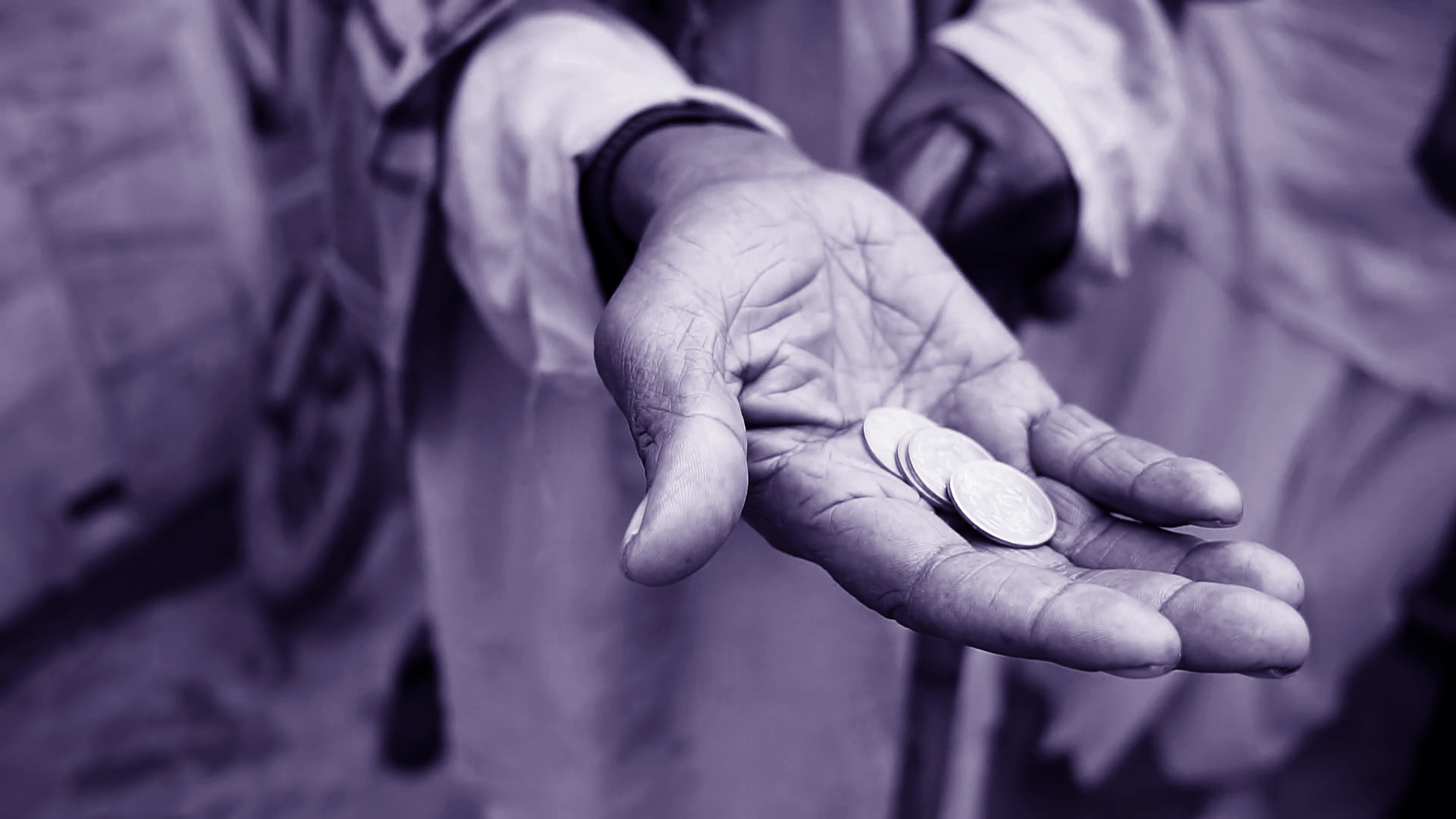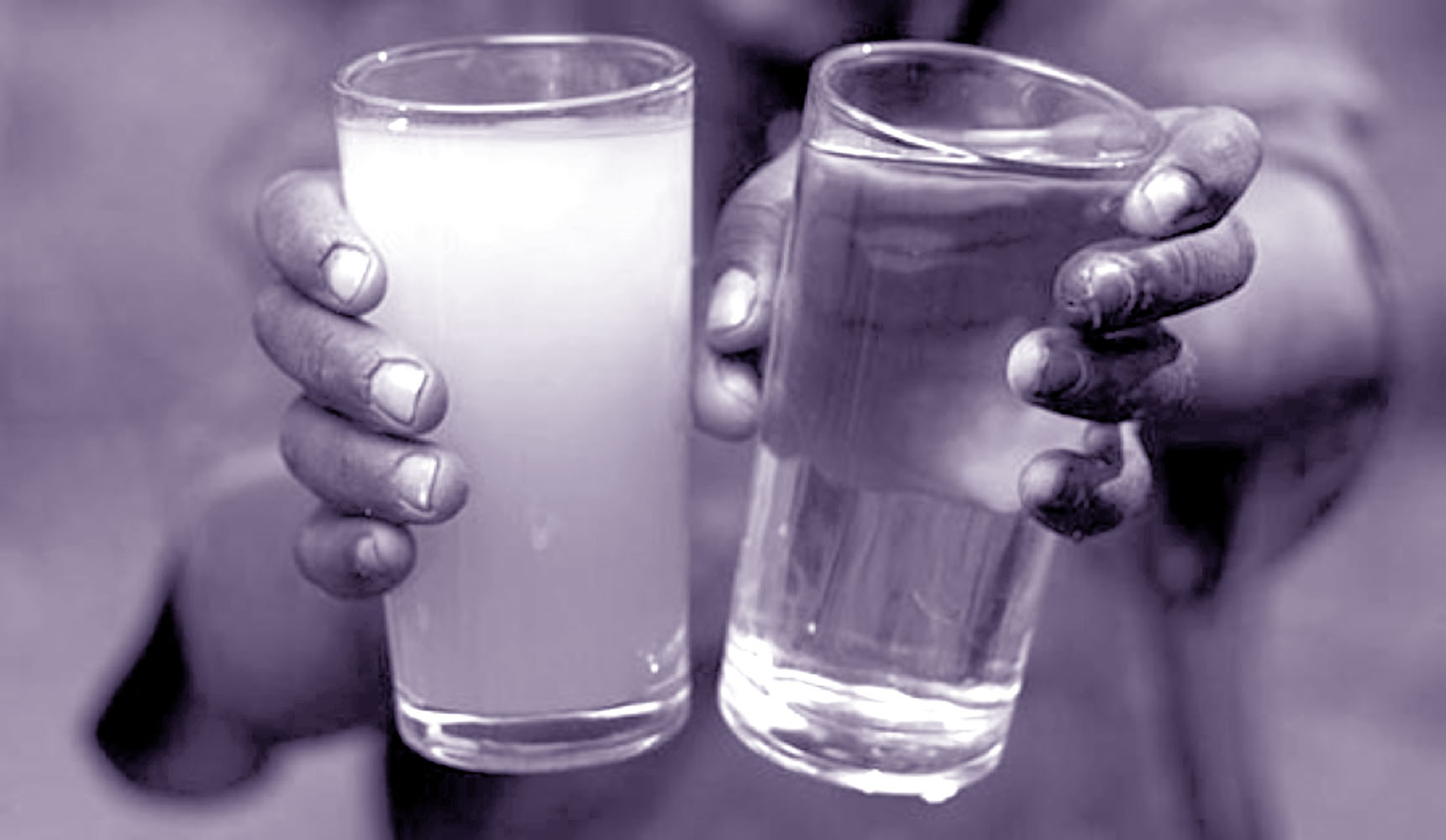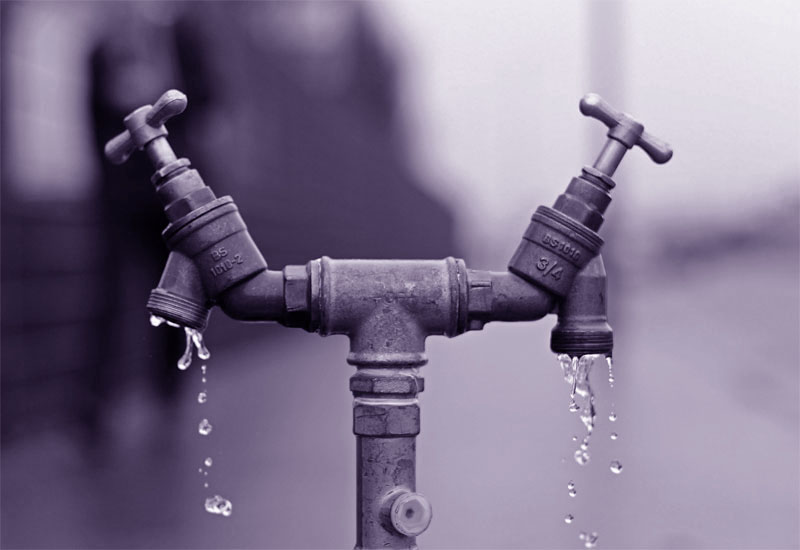This problem might be global.
But it's important to contexualize;
so let's start with you.
How much water do you consume?
Indirect Water Consumption
However, this is just your measurable direct water consumption. You also consume water in countless other ways.For example:

Electricity
The average American household uses 120,000 - 300,000 gallons of water's worth of electricity per year (Boston gets electricity from hydropower).

Food
Producing food is incredibly water intensive, requiring 11 gallons to produce 1 slice of bread and 1,799 gallons to produce 1lb of beef.

Clothing
It takes about 100 gallons of water to produce 1lb of cotton material, which is representative of other fabrics and furniture.

Recreation
One olympic-sized pool holds enough water to hydrate over 3,600 people for an entire year.
Water Consumption in the United States
When we account for both direct and virtual water consumption, experts estimate the average American consumes 2,200 gallons of water per day. This is how water consumption one person in the United States consumes per day compared to the water consumption per capita per day in other countries in 2013:
That means that the amount of water one American uses in one day is equivalent to the water one person from the United Kingdom, India, China, Bangladesh, Ghana, Burkina Faso, Niger, Angola, Cambodia, Haiti, Uganda, and Mozambique uses in one day, combined:
Water Shortage Crisis
Not everyone is as privileged in being able to access as much water. For many people, in many parts of the world, water shortages are serious, life-threatening problems. From lack of water to water contamination, this crisis affects millions already. Let's see how:

Price Hikes
As water becomes more scarce, it also becomes more valuable. Price hikes will make water—a natural resource and human right—available only to those who can afford it, so the world’s most vulnerable people will be impacted first and hurt the most. Even in the US, the average monthly cost of water increased 54% from 2010 - 2017.

Contamination
Even if it is possible to overcome the obstacle of accessing water, water contamination poses an additional threat to millions of people worldwide. Globally, over 2 billion people drink water that has been directly contaminated by feces, yielding serious health consequences.

Water Waste
While countless people struggle to procure enough water to survive, others waste it without a second thought. To put this in perspective, a leaky faucet that drips at a rate of one drop per minute can waste up to 45 gallons/year.
Projected Water Stress
In light of these issues, water stress is projected to increase throughout the foreseeable future. The following map shows how water stress will affect different countries worldwide. Click on countries to see how their water usages compare in the bar chart on the right:
Looking on the bright side: Progress
As we zoom out, it becomes clear that water scarcity is a collective action problem.
Fortunately for us, those are the kinds of problems we as global citizens can make meaningful progress on,
be it technologically, politically, or personally.
-
Raise Awareness
Education is the first step to change. Increasing awareness of the water crisis can help everyone learn to manage this precious resource together.
-
Create Technology
For places where water resources are disappearing rapidly, new technologies and research could save millions of lives.
-
Personal Lifestyle Choices
Waste less water. Small behavioral changes—such as taking shorter showers—can help preserve water for someone who really needs it.
-
Political Reform
Governance and regulation of water will need to be ethical and sustainable in order for humanity to collectively navigate the water crisis.
Specific Solutions
In the end, however, the right solution depends on your individual circumstance. Select the path below that best applies to you in order to see ways you can help:
Take initiative to help victims of water scarcity directly!
And of course, there is always more to know about the issues at hand.